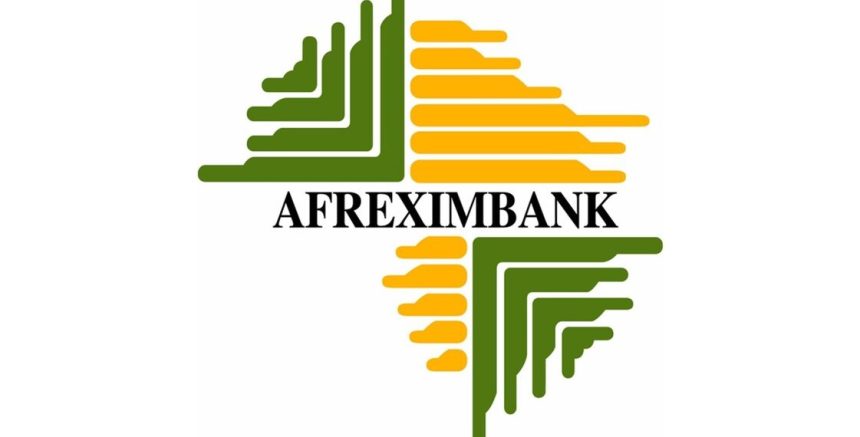Nigeria has secured a $200 million financing facility from the African Export-Import Bank (Afreximbank) to drive the growth of its creative industry. The Minister of Arts, Culture, and the Creative Economy, Hannatu Musawa confirmed this development.
The financing is aligned with Nigeria’s “Destination 2030” initiative, which aims to position the country as a global leader in soft power by 2030. The initiative has been set in motion by President Bola Tinubu with clear Key Performance Indicators (KPIs), according to a statement from Musawa’s media aide, Nneka Anibeze.
Musawa highlighted that the partnership with Afreximbank is a critical part of achieving the ministry’s ambitious goals for the creative economy under the Vision 2030. She called on stakeholders, including investors and global collaborators, to support the initiative, which aims to create 2 million jobs and contribute $100 billion to Nigeria’s GDP.
“To fully realize this vision, I urge investors, development partners, and global collaborators to join us in creating 2 million jobs and contributing $100 billion to the national GDP,” Musawa said.

Afreximbank’s Role in Fostering Growth
Benedict Oramah, president and chairman of Afreximbank, confirmed the partnership during an event in New York. He noted that the $200 million facility will support the ministry’s new initiatives focused on promoting sustainable economic growth within Nigeria’s creative sector.
Oramah emphasized the importance of investing in Africa’s creative industries to position the continent as a global cultural leader. “We are pleased to work with the Federal Ministry of Arts, Culture, and the Creative Economy to provide this financing facility. It will be used to support new laudable initiatives in the creative and cultural industries,” he said.
Oramah also commended the ministry’s commitment and alignment with Afreximbank’s strategy for the creative sector, expressing hopes to strengthen pan-African partnerships through the initiative.
Economic Impact and Growth Prospects
The $200 million financing is expected to create jobs, attract global investments, and support creative entrepreneurs, ultimately boosting Nigeria’s GDP. Musawa noted that the ministry has already seen a 36 percent increase in Nigeria’s cultural influence and an 18 percent rise in the Brand Perception Index. The facility is expected to accelerate these gains and expand the country’s influence in the global creative market.
As Nigeria moves forward with its Destination 2030 plan, the collaboration between the government and Afreximbank is seen as a major step toward transforming the nation into a cultural powerhouse and a leader in the global soft power arena.



